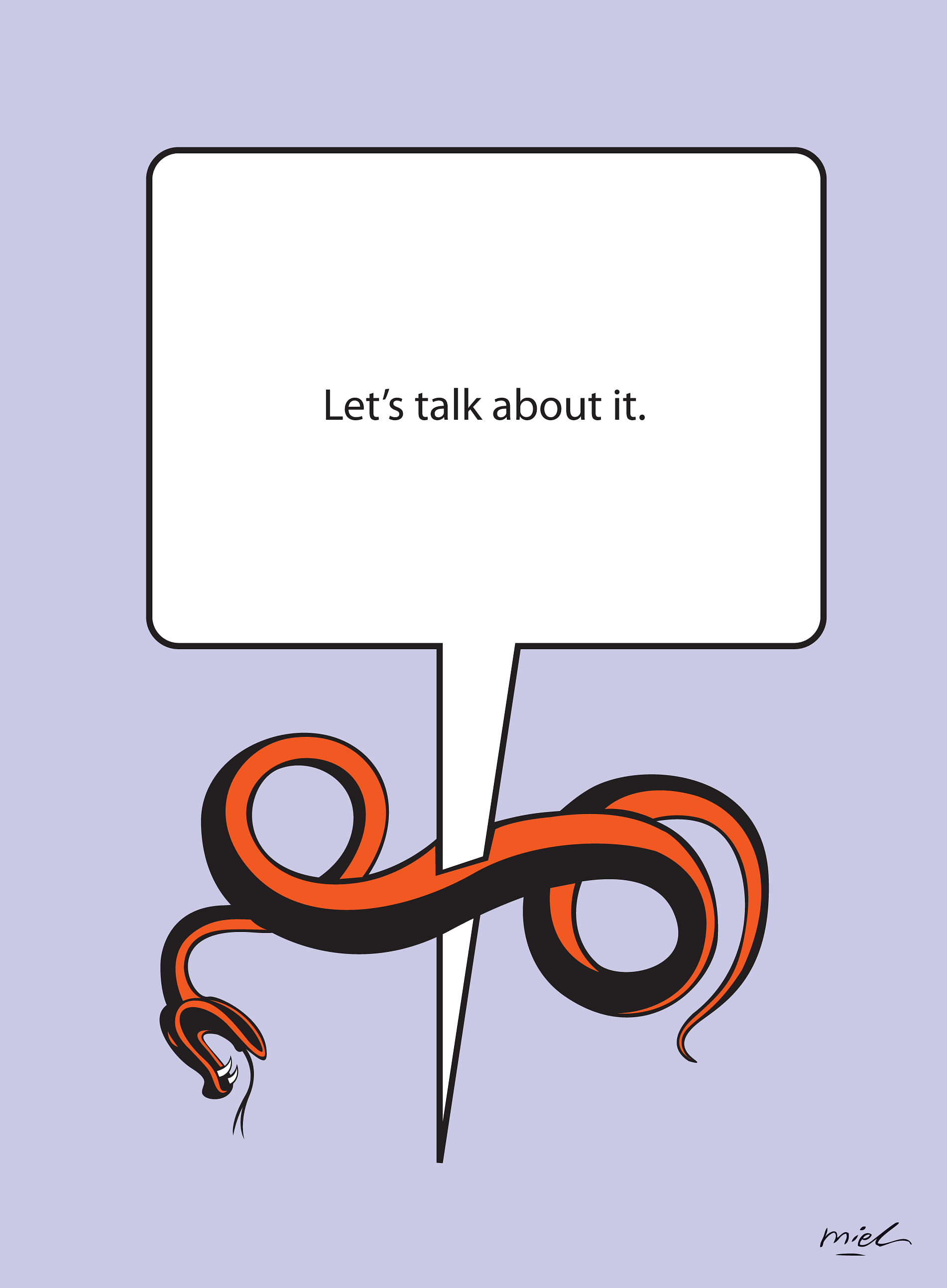The war on terror needs an overhaul.
The vicious attacks on innocent people have become more frequent - Paris, Baghdad, Orlando, Istanbul, Dhaka, Nice - no one knows who or what will be hit next.
It could be Singapore tomorrow. Or next week.
Meanwhile, the enemy - whoever or whatever they are - appears to be gaining strength, attracting recruits who find new ways to commit mass murder.
When US President George W. Bush declared war on global terrorism after the Sept 11 attacks on his country in 2001, he used the might of the American military to pulverise Afghanistan.

Two years later, when the US invaded Iraq in another tragic phase of the war on terror, it unleashed an even more fearsome display of power to rid the country of its strongman leader Saddam Hussein.
Shock and awe - that was what it was called then, and a global audience saw what it meant in vivid colours on television as cruise missiles and smart bombs rained down from the sky.
But American firepower has not made the world safer, and it looks like it is becoming even more dangerous.
Afghanistan, Iraq, Syria, Libya, the entire Middle East have not become more stable or less hospitable to terrorist groups.
New organisations have emerged, the most notable being the Islamic State in Iraq and Syria (ISIS), which is said to be behind some of the recent attacks, even if indirectly.
What has gone wrong?
Most experts agree that this war cannot be won using conventional military means.
How can it be when the battleground is a cafe or shopping mall or a seaside crowd watching a fireworks display?
Others say it is an ideological war between extremists, who use Islam for their political ends, and the large majority of peace-loving Muslims, who must do more to prevent their religion being hijacked.
Many also point to the lack of progress in the Muslim world, with large groups of deprived and disaffected people who feel alienated and are ready recruits for the next suicide mission.
As you can see, it is a complex issue with no easy solution.
I am not an expert on terrorism, but I agree with those who say that the problem starts from the way the issue is defined, beginning with calling it a war.
It isn't, in the conventional sense of the word, and calling it one frames it in all the wrong ways.
Wars are fought by the military, which operates top-down, with strategies and tactics closely guarded, and the enemy visible and clearly identified.
The civilian population is usually kept in the dark about what is taking place until the action is over and is largely passive, except for those who are conscripted.
Can the terrorism scourge be fought in the same way?
It is at the moment.
Much of what is being done by the security agencies and the police remains secret and top-down, and ordinary people have no idea what is taking place on either side, who is gaining the upper hand and what new developments are happening.
They go through their daily lives uninformed and disengaged, until the next suicide attack.
Is it any wonder that when it happens, as it inevitably will, somewhere, sometime, it strikes real terror among the population because people have no idea what is taking place? Which is precisely what the terrorist wants.
Yet, everyone agrees that the public has a critical role to play because the enemy is now operating within its borders.
Most of the latest attacks have been committed by citizens in their own countries - French, American, Bangladeshis - some self-radicalised, others who might have some connection with outside groups.
When the enemy is within, and your own country is a recruiting ground for would-be killers, you have to involve your people in the fight.
They have to be told what it is about, how it is being fought, why is it that young men in their 20s are so willing to die for their causes using the most vicious means to attack innocent bystanders.
Indeed, why is it that so many of these suicide killers are well educated and from upper middle-class families.
Answering these questions requires political leaders to be more honest and open with the people than they have been so far, including being upfront about past mistakes and failures.
Even on a matter as important as the number of casualties, military and civilian, the public is kept in the dark.
For example, estimates of the numbers killed in Iraq since 2003, when the US invaded the country vary from over 100,000 to one million, with official figures tending to the lower number, while the higher estimate is based on a study by the International Physicians for the Prevention of Nuclear War.
For the war in Afghanistan, the numbers range from under 20,000 to over 200,000.
How to explain such a huge discrepancy in a digital age, when information travels at the speed of light?
Contrast this to how the Western news media covers an attack in their own countries with every life lost described in minute detail.
If the story is that Iraqi and Afghan lives are less precious than French or American, it will only strengthen the propaganda terrorist recruiters use to attract more to their cause.
Political leaders have failed to confront these issues openly with the people.
Instead, after every attack there is the same rhetoric and the same language of war and defiance.
Often the public is called on to be "united and cohesive".
What does this mean? How does one go about being so? Who are we really uniting against?
These are important questions for Singapore too, which, as the Prime Minister said recently, has to be prepared that "sooner or later, somebody will break through".
They are sensitive issues to discuss in a multiracial society, but it is also an opportunity to deepen understanding among the races.
But it requires leaders and the people to discuss them openly and honestly. That's what being united and cohesive means.

